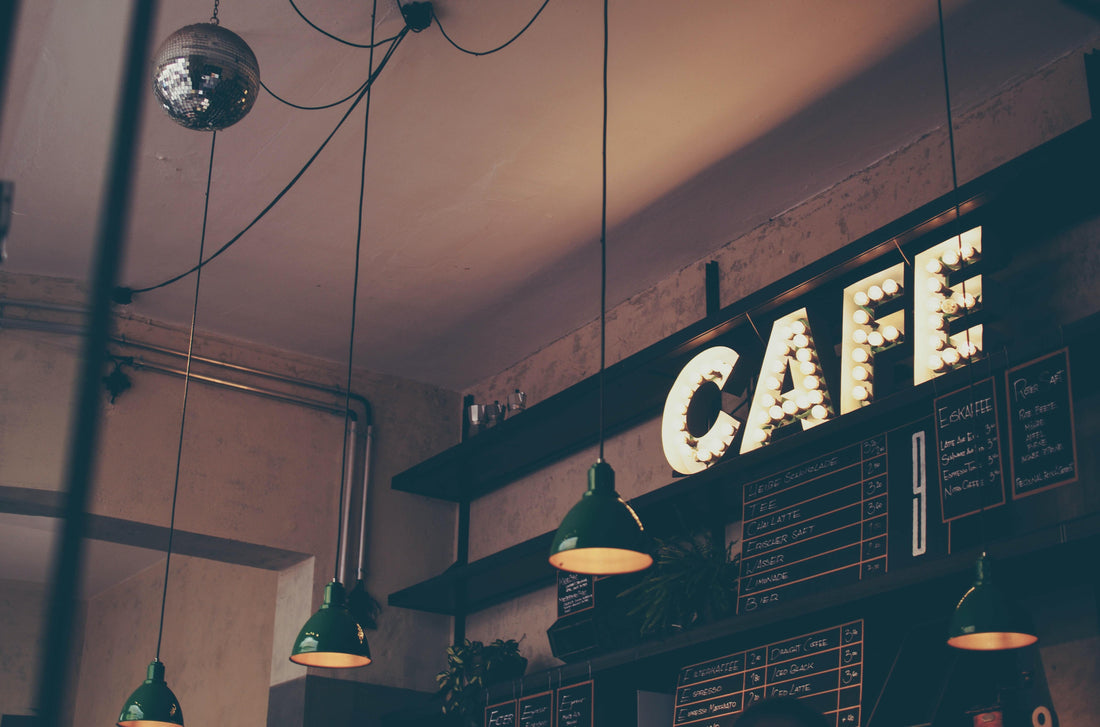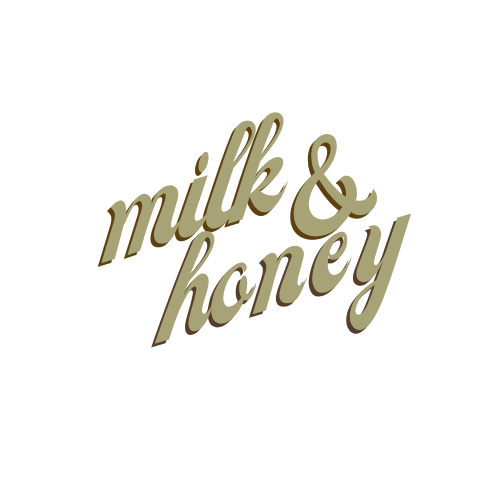
What Licenses Do You Need to Open a Coffee Shop? Complete Guide for First-Time Owners
Share
TLDR;
To open a coffee shop, you’ll need a business license, food service permit, sales tax permit, health department approval, and potentially a liquor or music license depending on your offerings. These licenses ensure you’re operating legally and avoid fines, shutdowns, or delays.
Starting a Coffee Shop: What Licenses Do You Need?

If you want to legally open a coffee shop, you must first secure the right licenses and permits. This includes a business license, food service license, sales tax permit, and health department approval. Without them, you're risking hefty fines or being forced to shut down.
This guide breaks down each license you may need, why it matters, and how to get it.
Why Coffee Shop Licenses Matter (and What Happens Without Them)

Operating without proper licenses puts your business at legal and financial risk. You could face:
-
Immediate closure from local health departments or city inspectors
-
Fines and penalties that eat into your startup capital
-
Reputational damage from being labeled “non-compliant”
-
Insurance voids, making you liable for incidents on your premises
Licenses aren't just red tape—they prove your business meets health, safety, and tax standards.
Core Licenses and Permits You’ll Need

These are the essential licenses every coffee shop in the U.S. typically needs to operate legally.
Business License
What it is:
Your foundational license to legally operate any business within your city or county.
How to register:
-
Apply through your city or county’s business office
-
Choose your business structure (LLC, sole proprietorship, etc.)
-
Obtain an EIN (Employer Identification Number) from the IRS
Fees and renewal:
-
Usually $50–$400 depending on location
-
Most need to be renewed annually
Food Service Establishment License
Why it's needed:
You’re serving food and drinks—your local health department needs to ensure it’s safe.
Covers:
-
Sanitation practices
-
Food storage and preparation
-
Equipment safety
What to expect:
-
An on-site health inspection
-
Periodic follow-ups
-
Training in food safety for your staff
Sales Tax Permit
Why you need it:
Required if you’re selling goods like drinks, pastries, or merchandise and need to collect state/local sales tax.
How to get one:
-
Apply through your state’s Department of Revenue
-
Some states call it a “reseller’s permit” or “seller’s permit”
Cost:
-
Often free, but registration is required
-
Monthly or quarterly tax filings depending on sales volume
Health Department Permit
Purpose:
Certifies that your facility meets public health and food safety standards.
Includes inspection of:
-
Food handling areas
-
Dishwashing stations
-
Handwashing sinks
-
Refrigeration and storage
-
Waste disposal systems
Common violations include:
-
Poor temperature control
-
Improper waste handling
-
Lack of handwashing signage
Sign Permit
Why it matters:
Most cities regulate business signs for safety and visual standards.
You’ll need approval for:
-
Exterior business signs
-
Window decals or banners
-
LED or illuminated signage
Considerations:
-
Zoning laws
-
Historical districts
-
Neighborhood ordinances
Certificate of Occupancy
What it proves:
Your space meets all local building codes and is approved for commercial use.
You’ll need inspections for:
-
Fire safety
-
ADA compliance (accessibility)
-
Plumbing and electrical systems
When to get it:
-
After major renovations
-
When changing business types
-
Before opening doors to the public
Music License (Optional but Important)
Planning to play music?
You need permission from a Performing Rights Organization (PRO) even if it’s background playlists.
Licensing options:
-
ASCAP
-
BMI
-
SESAC
Cost:
-
Typically $250–$500/year depending on shop size and music use
Liquor License (If Applicable)
Serving alcohol like Irish coffee or mimosas?
You’ll need a liquor license specific to your offerings.
Licensing varies by:
-
State and local laws
-
Type of alcohol (beer, wine, spirits)
-
Hours of service
Plan ahead:
-
Can take months to get approved
-
May involve public notices or hearings
License Requirements by Location

Licensing laws vary significantly by city and state.
Examples:
-
California: Requires a Seller’s Permit, Health Permit, and a California Food Handler Card
-
Texas: Needs a Sales Tax Permit, Food Establishment License, and specific county health approvals
-
New York City: Requires a NYC Food Service Establishment Permit and strict signage zoning
Helpful tip:
Check your city’s small business portal or consult your local Chamber of Commerce.
How Much Do Coffee Shop Licenses Cost?
Here’s a breakdown of common license costs:
|
License Type |
Estimated Cost |
|
Business License |
$50 – $400 |
|
Food Service License |
$100 – $1,000+ |
|
Sales Tax Permit |
Free (in most states) |
|
Health Department Permit |
$100 – $500+ |
|
Sign Permit |
$20 – $200+ |
|
Certificate of Occupancy |
$100 – $300 |
|
Music License (Optional) |
$250 – $500/year |
|
Liquor License (If needed) |
$300 – $10,000+ |
Don’t forget:
-
Some permits require renewal fees
-
Inspections may carry additional costs
-
Budget for training or certification programs too
How Long Does It Take to Get Licensed?

Licensing timelines vary, but here’s a general idea:
-
Business License: 1–2 weeks
-
Food Service License: 2–4 weeks (plus inspection time)
-
Sales Tax Permit: Immediate to 2 weeks
-
Health Department Permit: 2–6 weeks depending on inspection backlog
-
Liquor License: 2–6 months depending on state
Tips to speed it up:
-
Gather all documents before applying
-
Schedule inspections early
-
Follow up regularly with local agencies
Common Licensing Mistakes (and How to Avoid Them)

Watch out for these frequent pitfalls:
-
Skipping local permits: Every city has its own rules
-
Forgetting renewals: Some licenses expire annually
-
Overlooking zoning laws: Your space must allow food service
-
Playing music without a license: Yes, even Spotify needs approval
-
Assuming it’s a one-time process: Many licenses involve ongoing compliance
Should You Hire a Lawyer or Consultant?

Consider professional help if you:
-
Feel overwhelmed by government forms
-
Are working on a tight timeline
-
Are opening in a highly regulated area
Pros:
-
Saves time
-
Avoids costly mistakes
-
Often includes zoning and code checks
Cons:
-
Adds to startup costs ($500–$2,000+)
-
May not be necessary for small locations
Where to find help:
-
Small Business Development Centers (SBDCs)
-
SCORE mentors
-
Local business attorneys
Your Coffee Shop Licensing Checklist

Here’s a quick reference to keep you on track:
-
Business License
-
Employer Identification Number (EIN)
-
Food Service Establishment License
-
Health Department Permit
-
Sales Tax Permit
-
Certificate of Occupancy
-
Sign Permit
-
Music License (if playing music)
-
Liquor License (if serving alcohol)
-
Fire Marshal Approval (if required)
-
Food Handler's Permit for staff
-
DBA License (if operating under a different name)
Frequently Asked Questions
Q: Can I open a coffee shop from home?
A: Only if your home kitchen meets commercial standards and local zoning allows it.
Q: What’s the first license I should get?
A: Start with your business license and EIN—those unlock everything else.
Q: Do I need a health permit for takeout-only coffee shops?
A: Yes. Any food or beverage service requires health department approval, even for takeout.
